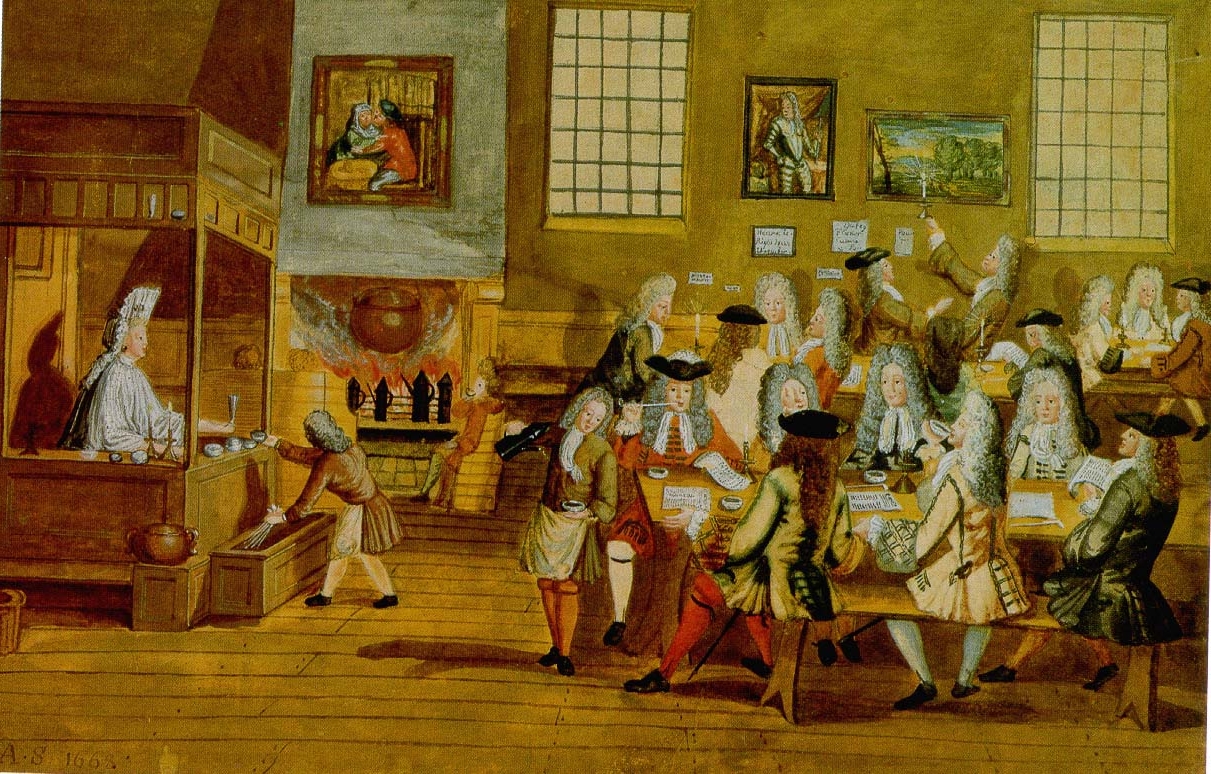Quotes From »The Lost World of the London Coffeehouse«
I wouldn’t have thought that coffee, and in particular the places where it was sold in 17th and 18th century London, had such an impact on innovation at the time. The article The Lost World of the London Coffeehouse by Dr Matthew Green, published on publicdomainreview.org lets us travel back in time and learn what it was like in these early centers of innovation.
Remember — until the mid-seventeenth century, most people in England were either slightly — or very — drunk all of the time. Drink London’s fetid river water at your own peril; most people wisely favoured watered-down ale or beer. The arrival of coffee, then, triggered a dawn of sobriety that laid the foundations for truly spectacular economic growth in the decades that followed as people thought clearly for the first time. The stock exchange, insurance industry, and auctioneering: all burst into life in 17th-century coffeehouses.
― Dr Matthew Green|publicdomainreview.org
Let’s take a closer look at one of these locations…
As the image shows, customers sat around long communal tables strewn with every type of media imaginable listening in to each other’s conversations, interjecting whenever they pleased, and reflecting upon the newspapers. Talking to strangers, an alien concept in most coffee shops today, was actively encouraged.
― Dr Matthew Green|publicdomainreview.org
Charles II, a longtime critic, tried to torpedo them by royal proclamation in 1675. Traditionally, informed political debate had been the preserve of the social elite. But in the coffeehouse it was anyone’s business — that is, anyone who could afford the measly one-penny entrance fee.
― Dr Matthew Green|publicdomainreview.org
